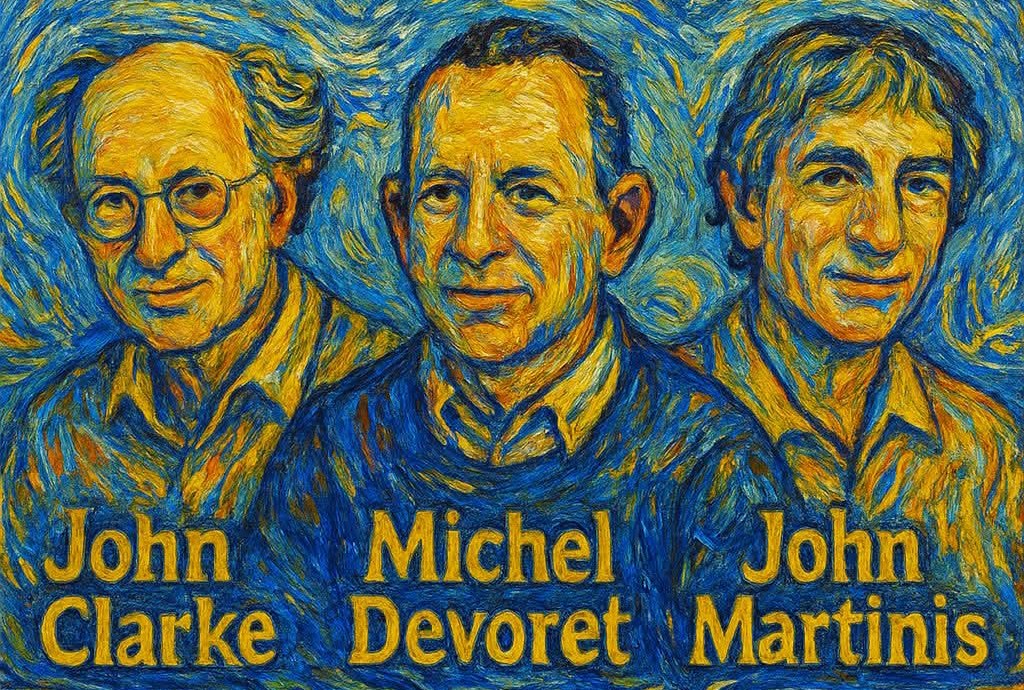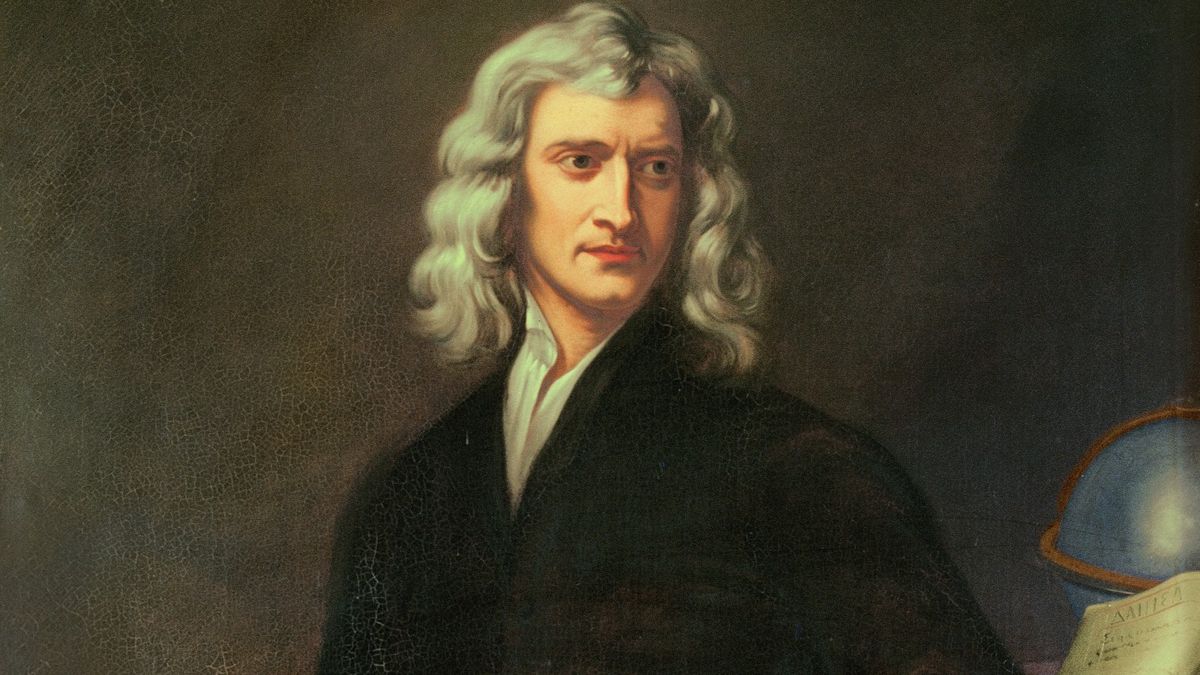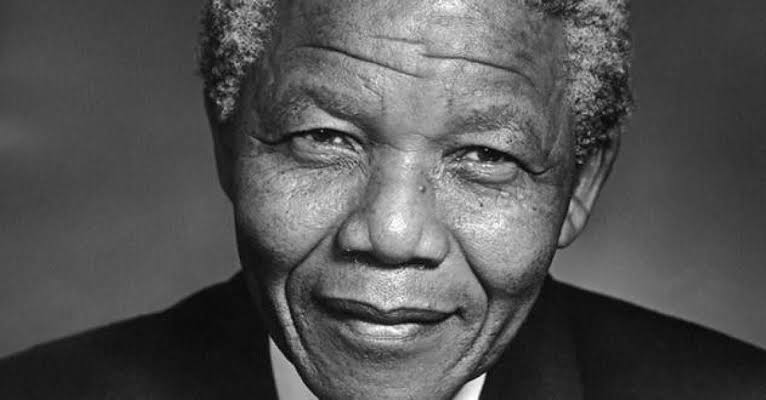
2025 Nobel Prize in Physics: Clarke, Devoret, and Martinis Honored for Unveiling Quantum Mysteries in Superconducting Circuits
🌌 Introduction
The 2025 Nobel Prize in Physics has been awarded to John Clarke, Michel Devoret, and John Martinis — three pioneering scientists whose groundbreaking work has redefined the boundaries between classical and quantum worlds. Their research on macroscopic quantum effects in superconducting circuits has not only deepened our understanding of quantum mechanics but also laid the foundation for revolutionary advancements in quantum computing and quantum technologies.
This year’s Nobel announcement celebrates a milestone that brings us closer to harnessing the strange yet powerful laws of the quantum realm — in circuits we can build, measure, and use
hy It Matters
The implications of this work reach far beyond academic physics. Their discoveries form the scientific backbone of modern quantum computing, where superconducting qubits—quantum bits—are used to process information at unimaginable speeds and efficiencies.
Here’s why their research is revolutionary:
- Foundation for Quantum Computing
Their experiments directly inspired the architecture behind superconducting qubits used by tech giants like Google, IBM, and others pursuing quantum supremacy. - Enhanced Quantum Sensors
The same quantum principles enable ultra-sensitive instruments capable of detecting magnetic and electric fields with astonishing accuracy. - Bridging Quantum and Classical Worlds
They proved that quantum mechanics isn’t just a microscopic mystery—it governs the very circuits we use in modern technology. - Advancements in Quantum Cryptography
Their findings also strengthen efforts to build quantum communication networks, offering unbreakable data security.
🔬 The Challenges They Overcame
Working with quantum systems on a macroscopic scale is notoriously difficult. These scientists overcame significant obstacles:
- Decoherence: Quantum states are fragile and can collapse due to slightest disturbances.
- Environmental Noise: External temperature, radiation, and vibrations can easily destroy quantum effects.
- Precision Engineering: Creating superconducting circuits requires nanoscale perfection.
Their mastery of isolating, controlling, and observing quantum states paved the way for stable, scalable, and practical quantum devices

















